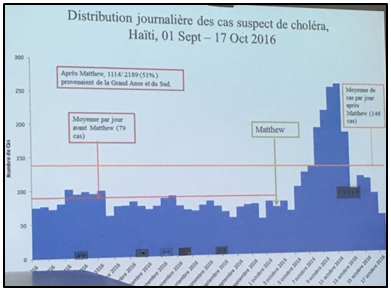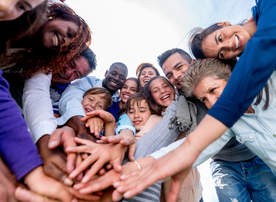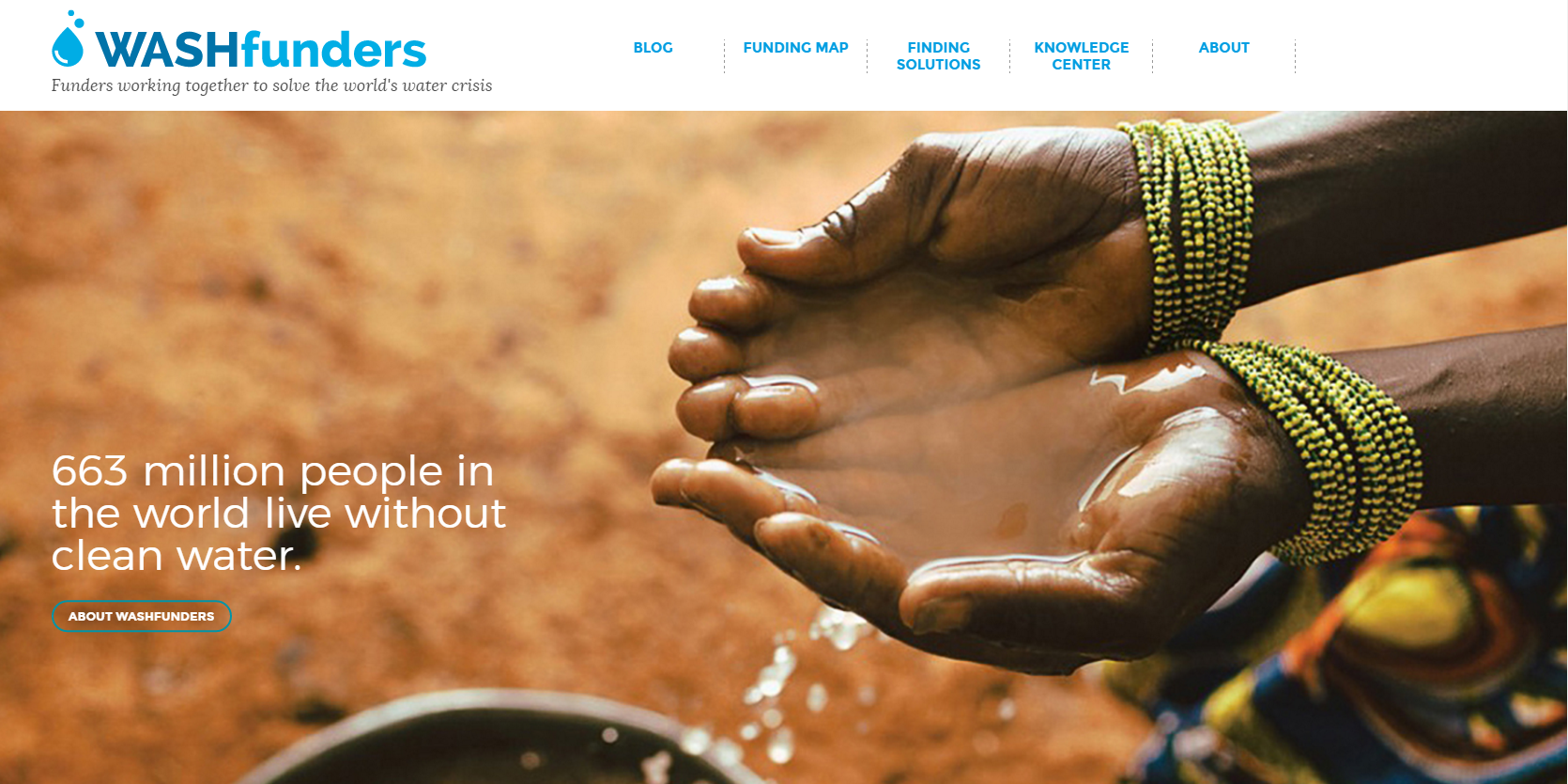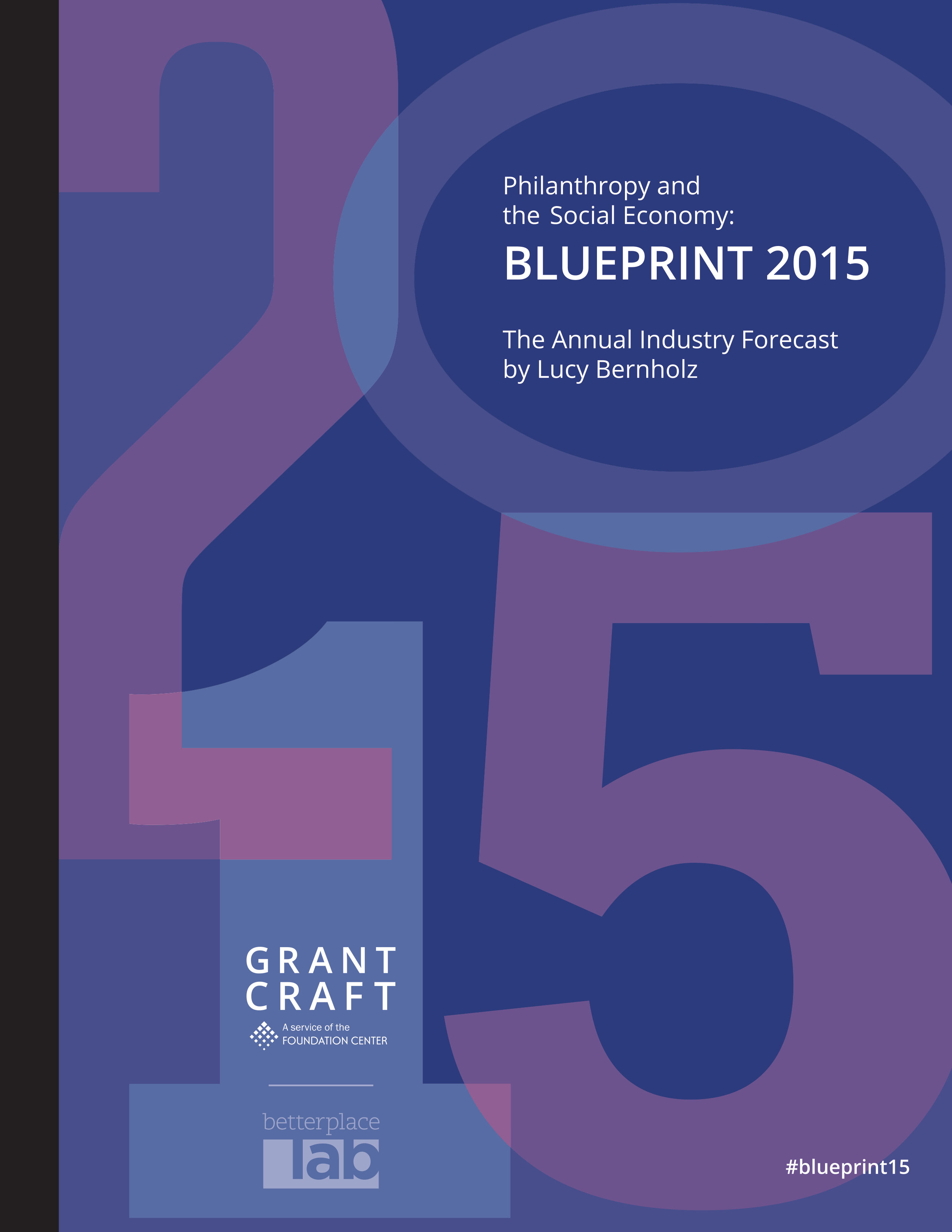Applying Human Rights Principles to Disaster Response
 Hurricane Matthew’s devastation in Haiti provides both a historic opportunity and a daunting challenge to funders who care about human rights. We have the opportunity to help the world do a better job this time–to learn lessons from the response to Haiti’s 2010 earthquake and other disasters, and ensure more concrete, sustainable interventions. We can achieve this by insisting on a human rights-based approach in our own grantmaking and by leveraging our experience to encourage improvements in the larger disaster and recovery response by governments, NGOs and individuals.
Hurricane Matthew’s devastation in Haiti provides both a historic opportunity and a daunting challenge to funders who care about human rights. We have the opportunity to help the world do a better job this time–to learn lessons from the response to Haiti’s 2010 earthquake and other disasters, and ensure more concrete, sustainable interventions. We can achieve this by insisting on a human rights-based approach in our own grantmaking and by leveraging our experience to encourage improvements in the larger disaster and recovery response by governments, NGOs and individuals.
Hurricane Matthew struck Haiti on October 4, 2016 with 145 mile-per-hour winds and 20 inches of rain. It destroyed buildings and crops–over 80% of both in many areas—as well as roads and bridges. An estimated 1,000 people died. Haiti’s death toll will likely continue to rise: on October 18 the Haitian Ministry of Health reported 2,189 suspected cases of cholera since the hurricane and an 85% increase in daily reported cholera cases.
The human rights-based approach, established in international law, recommends that response initiatives:
- Prioritize capacity-building of the host state and civil society;
- Ensure participation of the target population in design and execution;
- Practice transparency by making information about the intervention accessible to the community;
- Ensure accountability to the target communities and country; and,
- Insist on non-discrimination, with particular attention to marginalized groups such as women and people with disabilities.
Applying a rights-based approach to grantmaking:
- Redefines stakeholder relationships. It transforms the target population from passive recipients of aid into rights holders with entitlements to fair and effective interventions. The approach transforms responders from being able to do what they want because they are “doing good” into duty bearers with obligations to ensure that their work is effective and sustainable. The primary duty is born by the host government, but alsoapplies to foreign governments and NGOs that provide basic services that are usually provided by the government in other countries.
- Fosters collaboration. For example, a group of Haiti funders and NGOs at the Opportunity Collaboration in October met to discuss the collaboration imperative. One member, Helvetas, will draft a document stressing elements of the rights-based approach, to be further discussed and hopefully approved at the Haiti Funders’ Conference in New York on November 9 and 10th.
- Provides human rights funders with a unique leadership opportunity. Before the winds from Matthew died down, discussions of aid effectiveness exploded in the press, on social media and among responders themselves. When we join these discussions, we can provide a framework for the existing critiques, and prescribe an approach for avoiding a repeat of past problems. This can transform the discussion from a discouraging list of complaints to strategizing on making systemic improvements.
- Allows human rights funders and organizations to meaningfully contribute to disaster responses. At the Institute for Justice & Democracy in Haiti (IJDH), the shock and sadness from Matthew’s destruction was mixed with frustration that as advocates we lacked the skills to treat the sick, rebuild homes or distribute food. But successes from earlier earthquake-response advocacy, and the encouraging emphasis on accountability by media and earthquake responders, reminds us that advocacy for more effective and accountable disaster response can save lives, help people get into better homes and promote long-term food security.
It is hard to argue with the principles of the rights-based approach. Few do: an NYU Law School survey of organizations responding to the 2010 earthquake in Haiti found that 85% reported using a rights-based approach. But in practice it can be difficult to actually implement the approach in the complicated and urgent aftermath of a disaster.
 We can close this gap as we respond to Hurricane Matthew and other disasters. We can start by looking in the mirror: does our work advance the human rights-based approach? In the Ansara Family Fund’s grantmaking (almost exclusively in Haiti) and that of the Haiti Fund at the Boston Foundation (which made 140 grants over five years), human rights were an explicit focus of all grants. In the Haiti Development Institute, seeded by the Haiti Fund, capacity-building of Haitian-led organizations and participatory community planning is a core strategy. Local organizations can thus hold public servants accountable to the citizenry for transparency, and non-discrimination and call on them to coordinate disaster response and long-term development with an eye towards tangible outcomes. Our Haitian partners understand, from long and hard experience, that the structural changes required by the human rights-based approach are their only hope for avoiding unnatural vulnerability to the inevitable next disaster.
We can close this gap as we respond to Hurricane Matthew and other disasters. We can start by looking in the mirror: does our work advance the human rights-based approach? In the Ansara Family Fund’s grantmaking (almost exclusively in Haiti) and that of the Haiti Fund at the Boston Foundation (which made 140 grants over five years), human rights were an explicit focus of all grants. In the Haiti Development Institute, seeded by the Haiti Fund, capacity-building of Haitian-led organizations and participatory community planning is a core strategy. Local organizations can thus hold public servants accountable to the citizenry for transparency, and non-discrimination and call on them to coordinate disaster response and long-term development with an eye towards tangible outcomes. Our Haitian partners understand, from long and hard experience, that the structural changes required by the human rights-based approach are their only hope for avoiding unnatural vulnerability to the inevitable next disaster.





